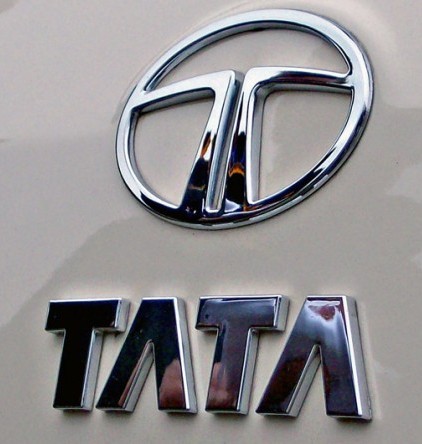Tata Motors to improve small Indian cars safety after failed crash tests
 Melaka (Malaysia), Feb. 4 : Tata Motors has assured to work on the safety of its cars after a range of small Indian cars, including theirs, failed a first ever independent crash tests, revealing high risk of serious injuries in road accidents.
Melaka (Malaysia), Feb. 4 : Tata Motors has assured to work on the safety of its cars after a range of small Indian cars, including theirs, failed a first ever independent crash tests, revealing high risk of serious injuries in road accidents.
A test conducted by GLOBAL NCAP, an independent U. K. based charity for consumer-orientated vehicle safety initiatives, showed disastrous results for some of the most popular running cars in India including Maruti Alto 800, Tata Nano, Ford Figo, Hyundai i10 and Volkswagen Polo.
In the test conducted by ASEAN NCAP in Malaysia on January 31, the cars received zero for protection ratings in a frontal impact at a speed of 64 kilometers per hour.
Following the reports, Tata Motors' President of passenger vehicles, Ranjit Yadav, said the company would meet the safety requirements of its cars as per global standards.
" Tata Motors is extremely committed to safety and we will be working on that. I have also said that these cars are for global markets so they will meet safety requirements wherever they are going," said Yadav.
According to figures by Global NCAP, the combined sales of the five cars account for nearly 20 percent of all the latest cars sold in the country last year.
The secretary general of Global NCAP, David Ward, said it is important to give the consumer a safe car.
"Very, very critical turning point in road safety is either we populate the roads of the world with more vehicles such as this that fail to meet basic standards and offer zero stars, zero protection or we can move into a different direction where we encourage regulated vehicles that meet the safety standards, driven by consumer information so that customers can buy the safer cars they deserve," said Ward.
The President of Global NCAP, Max Mosley, on the other hand, said that safety of the cars was taking a backseat because manufacturers wanted to produce inexpensive cars but safety measures could be added to a car at no extra cost.
"The interesting thing is that you can make a safe car almost as inexpensively as a dangerous car. But there isn't emphasis on safety at the moment and the reason why it's very important to carry out tests like this and draw the attention of public to the question, is to create demand or create a market where safety of the car is an important factor," said Mosley.
He added that it was important for cars to have airbags and improved structural integrity.
The tested vehicles were the entry-level versions of the cars manufactured in India and did not have airbags, an important prerequisite globally to clear a safety test.
India's is the sixth largest car market, pertaining to its emerging middle class and large population. But, the poor quality of roads and often unmanaged traffic also makes the population highly prone to road accidents, with nearly 140,000 people dying every year in such accidents. (ANI)